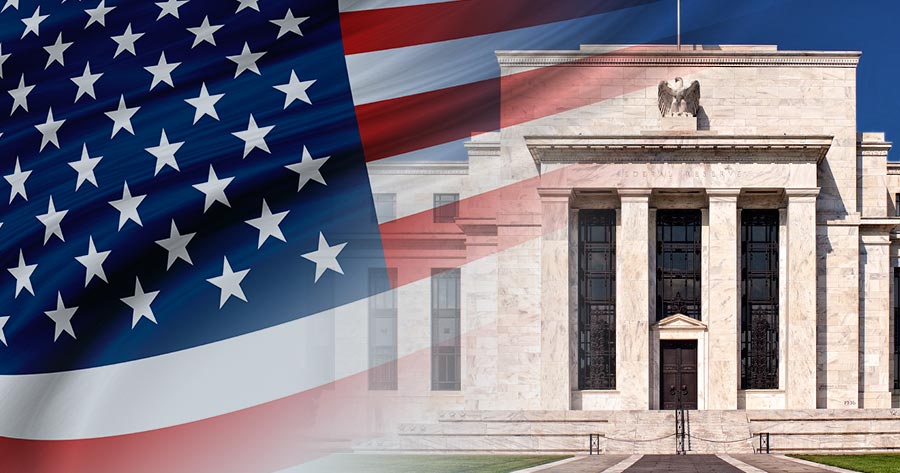Despite the U.S. consumer price index and producer price index for June coming in weaker than anticipated last week, economists warned that it is too early for the Federal Reserve to declare victory over inflation.
The consumer price index reached its lowest annual rate in two years last week. The producer price index also fell, which is a good sign that the worst inflationary since the 1970s may be coming to an end, and it is increasing the odds that the Federal Reserve will be able to bring the U.S. economy to a “soft landing,” that has been a very uncommon scenario during previous rate-hiking cycles.
However, economists are split on what the most recent data means; some believe it signals a soft landing for the Federal Reserve, while others are still expecting a recession.
While the Federal Reserve held interest rates steady in June, the markets anticipate a rate increase from the central bank in July. According to the CME Fed tracker, 96% of traders currently predict that the Fed will increase rates by another 25 basis points, to a range of 5.25% to 5.50%.
The Federal Reserve has long stated that 2% inflation is its goal; the 3% CPI reading from last week is the closest it has been to this goal in years.
Based on the most recent data, economists are increasingly optimistic about the prospect of a soft landing, which is great news given the good trends being seen in many industries. However, they think it’s too soon to call it a done deal because, as the Fed has said, much of their work has not yet shown up in the market.
Former Federal Reserve vice chairman Roger Ferguson stated that September is the month in which markets should look at the effects of previous rate increases on the economy. Even now, there is a chance that the Fed’s rises have less of a causal relationship with the recent deceleration in inflation than is currently being assumed.




